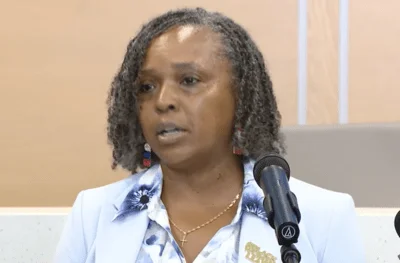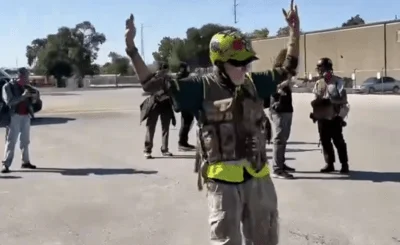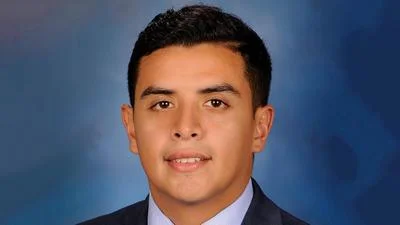Jennifer Rowe is "director of equity and belonging" at Lyons Township H.S.; She earns $150,000 per year. | Twitter.com
Jennifer Rowe is "director of equity and belonging" at Lyons Township H.S.; She earns $150,000 per year. | Twitter.com
Ten days after student Heavyn Washington's brutal, racially-inspired in-school attack that led to battery charges, a Lyons Township High School administrator said the school plans to be more lenient in punishing non-white students for once-major transgressions, like fighting and drug use.
Jennifer Rowe, LT's "director of diversity and inclusion," hired last August to improve race relations at the school, told the Lyons Township District 204 School Board Monday night she is replacing the school's existing Code of Conduct with a new one that would result in more "oral warnings" and fewer suspensions and expulsions, keeping even serious non-white student offenders like Washington "on campus."
Rowe and Lyons Township school principal Jennifer Tyrrell said that by June 1, the school will adopt a new "non discriminatory" Code of Conduct model that's being used currently to minimize non-white student punishments in Chicago Public Schools, as well as by districts in Baltimore, Denver, Boston and Buffalo.
"This approach will be greatly expanded moving forward in our work here at LT," Rowe told the board, arguing that non-whites are unfairly punished because students and teachers don't have "common expectations" and "common language."
She said the school hosted a "101" training for teachers last week, to instruct them in their racial bias. It also plans "common lessons" for students that she says will lead to less racial bias in discipline.
Rowe read directly from a "Framework for Revising School District Codes of Student Conduct," published by the School Superintendents' Association.
"An uptick in bullying"
The School Superintendent's Association and Rowe are promoting a theory of discipline called "Restorative Justice," which argues that student punishment "will only lead to further rebellion, and it will teach the student nothing," according to Daniel Buck, an English teacher and writer on education policy.
Buck said a RAND study of the theory's implementation elsewhere is "not encouraging" and that now "millions of disadvantaged schoolchildren are consigned to academic mediocrity, emotional abuse, and physical threat in the name of... restorative justice."
"Schools that adopted restorative justice experienced an uptick in bullying and classroom disruptions," Buck wrote. "In my school, we sent students for a discussion with a counselor or gave them a “walk break” for behavior that formerly would have garnered a punitive consequence. Suspensions fell—but not because behavior improved."
The School Superintendent's Association argues that doesn't mean "restorative justice" isn't justified.
In an article published on its web site, author Marc A. Zimmerman says "racism obstructs the path to school safety," blaming "specific expectations based on doctrines of White Supremacy and White Privilege where skin color... result in differential treatment, rights, laws, and expectations that favor Whites."
Zimmerman blames "micro aggressions" by white students and calls for "Anonymous Reporting Systems" to detect threats to school safety.
Rowe, who is paid $150,000 per year, is also charged with developing programming to re-train white LT students she believes are racist, and to stop their "micro aggressions."
Three days after the Washington attack, Rowe hosted LT's "Building Inclusive Community Conference" for students.
It included "17 workshops to choose from on topics such as homelessness, equal pay, colonialism, gender diversity, racial healing, invisible disabilities, expungement of criminal records and the importance of voting."
Rowe hosted a "Racial RX Healing Circle" to "invite participants into dialogue about their experiences surrounding race and racism."
She called the circle a "vital aspect to 'restorative (justice) practices'






 Alerts Sign-up
Alerts Sign-up